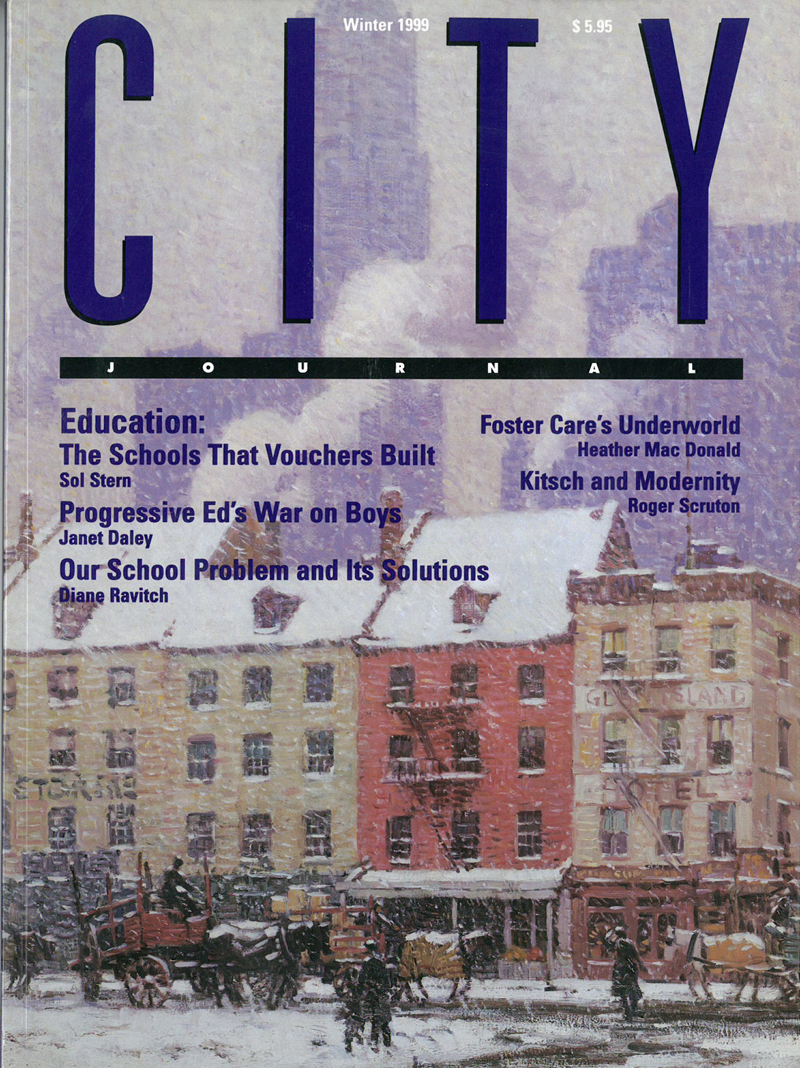Last spring, the Giuliani administration offered merit pay raises to cops on patrol who have done “an exceptionally good job.” Up to 2,000 of the 12,000 patrol officers are eligible, and the city has budgeted almost $3 million for the program. Precinct commanders will decide how the money gets divvied up.
Sounds terrific, right? Not according to the Patrolmen’s Benevolent Association, the city’s largest police union. Just like the teachers’ union, which has frowned on the idea for years, the PBA flatly opposes merit pay. In typical union-speak, the PBA claims that commanders can’t be trusted to rank the people under their command. The real union fear, of course, is that, if merit pay becomes the criterion for reward, all cops will have to hustle, the least competent will find their union-guaranteed job security in jeopardy, and the union’s pay-setting power will shrink.
Merit pay for good cops is a great idea. It sets in motion a change in the NYPD’s institutional culture that could outlast the Giuliani years. Cops would be all the more likely to concentrate on, and work even harder to achieve, the proper end of police work: making the public safer.
At the PBA’s urging, many cops have turned down merit pay. Cannily, the city is sending the extra money home to their spouses, figuring they’ll hold tight to it.
Let’s pay our cops what they’re worth—recognizing that they’re not all worth the same.
